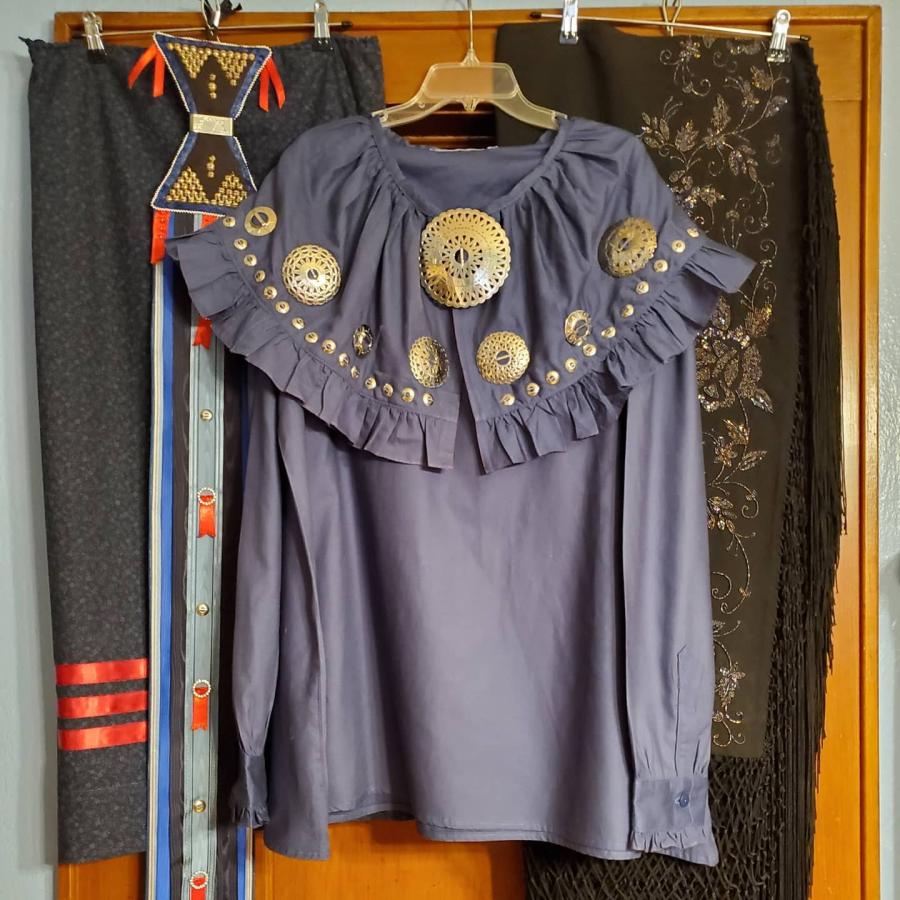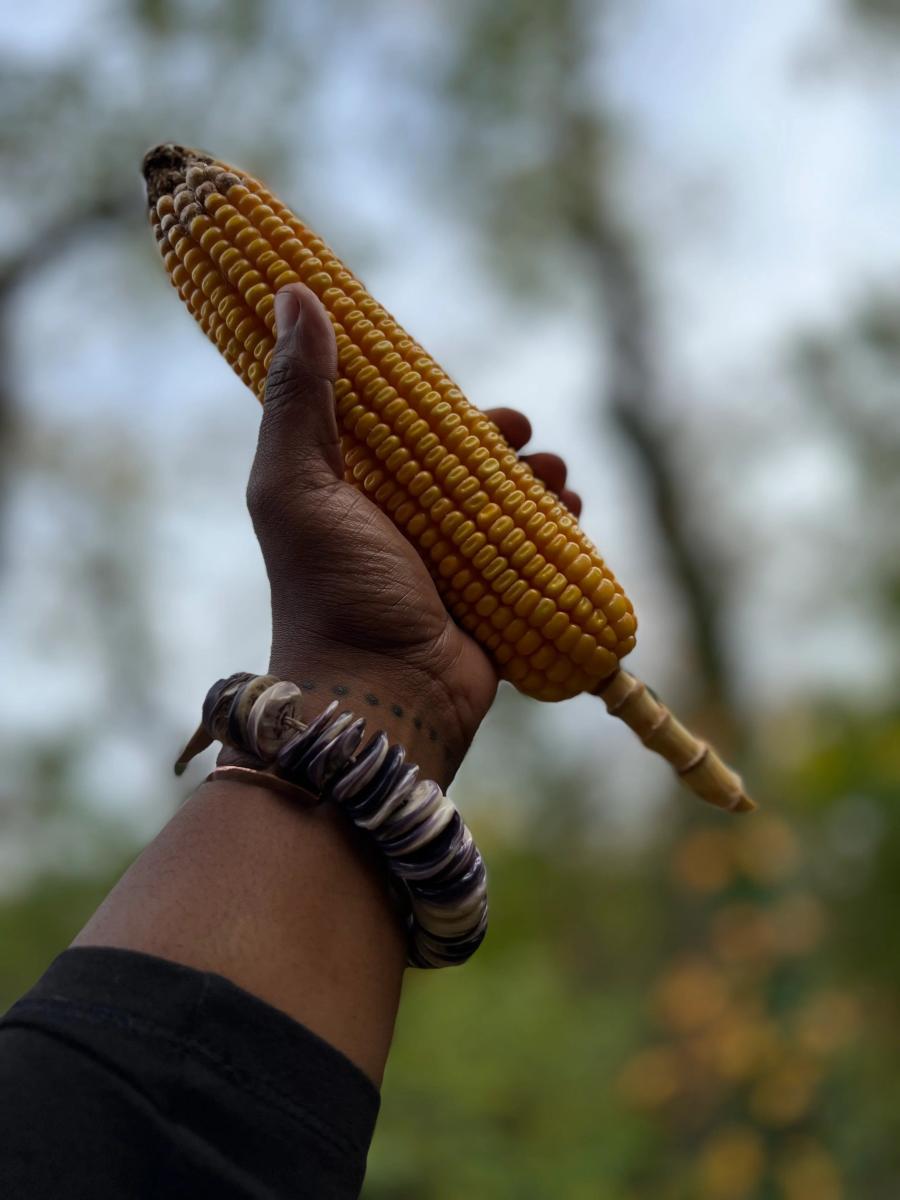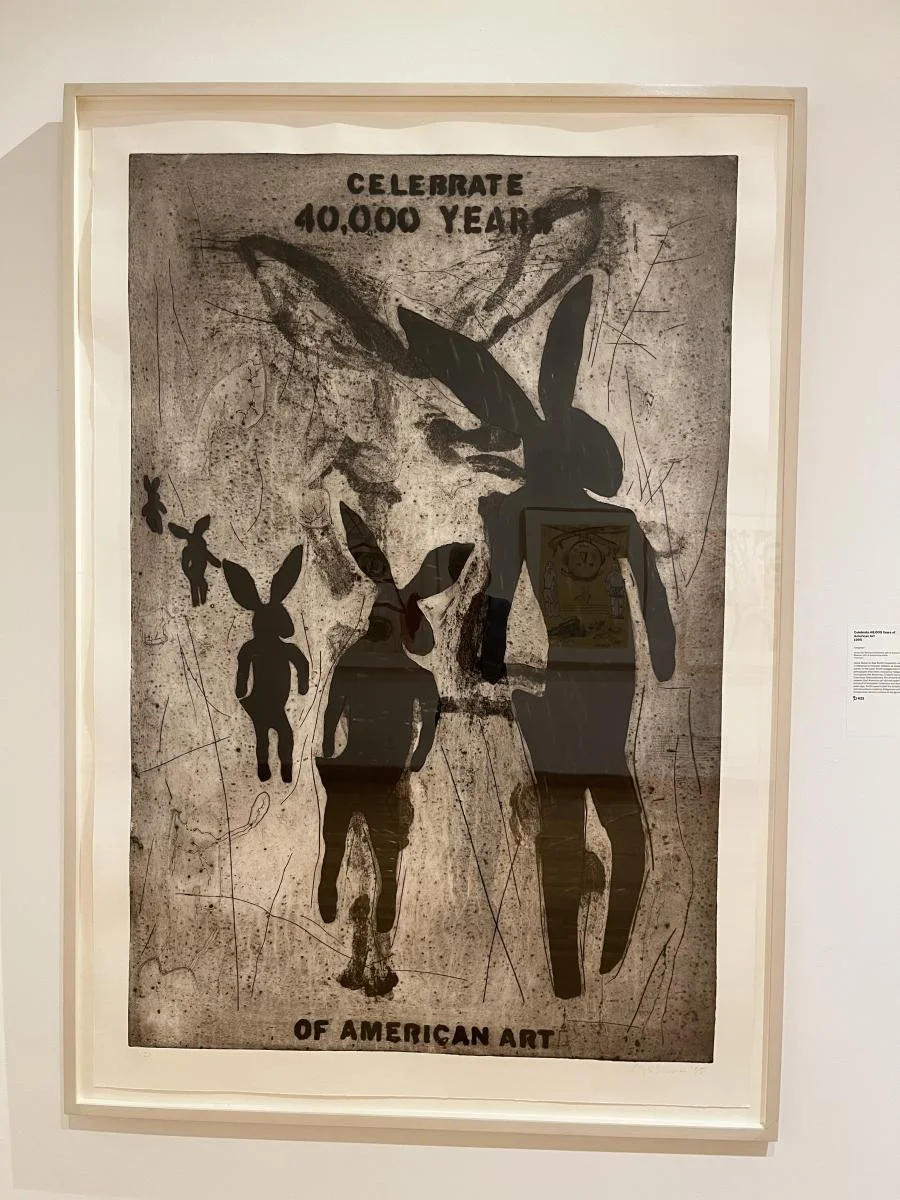
The world has changed. For many, childhood is no longer what it used to be. Hours that might once have been spent in the woods with neighborhood kids is not an experience shared by the majority youth of today. We are living in the digital age, a place where Facebook, the Internet, television, iPhones or any number of distractions have become the norm. As youth activist Xiuhtezcatl Martinez (Aztec/Nahuatl), age 12, says, “We are slowly losing our connection with the natural world, and it shows.” Despite this seemingly grim outlook, young environmental activists throughout the world have been using social media to help spread their message of saving the planet.
In 1995 in Hawai’i, Martinez’s mother started Earth Guardians, an organization devoted to youth environmental activism. Today it is carried on by Martinez. His older sister, Isa, used to lead the Boulder, Colorado Earth Guardian group. It serves as a place where youth can connect to share the different ways they are inspiring other youth to lead through activism. Says Martinez: “It’s really cool to get out there and inspire and educate others. It’s not just about our group being the head of the climate change movement; it’s more of an opportunity for youth to get educated and empowered. It can be the beginning of a huge peaceful revolution that begins with the people.”
With all of his passion and drive, it’s easy to forget that Martinez is only in sixth grade—his favorite subjects in school are Physical Education and Math. But his young age belies a sense of responsibility and even a wisdom beyond his years. Growing up, Martinez relates how his environmental activist mother brought him along to various meetings and rallies and his father “imparted on me traditional Aztec views on our connection to nature.” This combination of influences drives his worldview that “we are all interconnected throughout everything we do in our everyday life. We are all connected to the earth.” As he explains, “I pursue activism to assure a healthy habitable environment not only for this generation, but other future generations.”
Currently Earth Guardians is working towards a statewide ban in Colorado on fracking (hydraulic fracturing, the process of drilling and injecting fluid into the ground at a high pressure to release natural gas held deep inside the earth) by educating citizens about how this technique affects the air and water supply. “Fracking is polluting millions of gallons of water in an already dry state, and it is poisoning what is left in our rivers and water systems,” Martinez says. “[People are] just getting sick and they don’t know why. If they know why, they can further take action.”
Martinez recalls how he and a group of other affected youth marched down to the state capital and lobbied to representatives against the consequences of fracking. “It was really, really cool because we went down there and we shared our stories about how we knew people who were being affected, how we were being affected, and how we got involved with this issue, and why it was so important for kids out there,” he recalls. He also instigated a petition to President Obama with a list of demands “to clean up and revive what we have destroyed and taken from the earth.” This petition also calls for stricter regulations on natural gas, oil, and coal companies “so they are not constantly destroying the earth,” and a shift towards clean energy. “Renewable energy is the best chance we’ve got before it gets any worse,” he says.
Martinez is also passionate about what he believes to be the state’s responsibility to aid in the education of youth on environmental issues. “Schools should do more; we have the right to know what’s happening to us. If we want to make any difference in this world as a generation we have to start educating communities differently and we have to change our educational system so it can include that.”
Martinez advises other youth who want to reduce their carbon footprint to monitor how they live their everyday life: “every choice you make, every time you either bring your own cup to the coffee shop or you use paper cups, it really is a vote for or against our environment,” he says. “We really have to teach this generation to live more sustainable lives. We have the technology, we have the knowledge; we have to start putting it to use...just [take] the first step in changing your own lifestyle: turn off the lights when you’re not using them, turn off the water when you’re brushing your teeth, and then take it to the community, tell your friends, tell your teachers about it...take that first step. You have to be bold and stand up. You have the power, we have the power; you have to realize it to put it into power.”
Looking towards the future, Martinez is optimistic. “If things go our way, we won’t have to worry about polluted water or where our water comes from. That’s what we’re working for, so that future generations won’t have to deal with the same mess that we have now. There’s a huge shift among our society and [we] as youth have to lead the way, [so] when we look back at this crisis we’ll think of it as a bad dream—as a nightmare that happened long ago that we don’t really have to worry about anymore.”
—Erin McArdle is an intern at Cultural Survival.
More information on Martinez and his fellow Earth Guardians, as well as a link to his petition to President Obama, can be found at: http://www.earthguardians.org.



